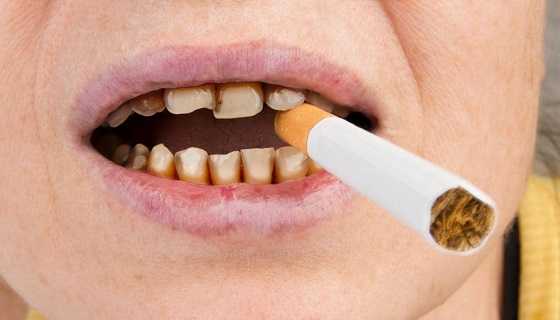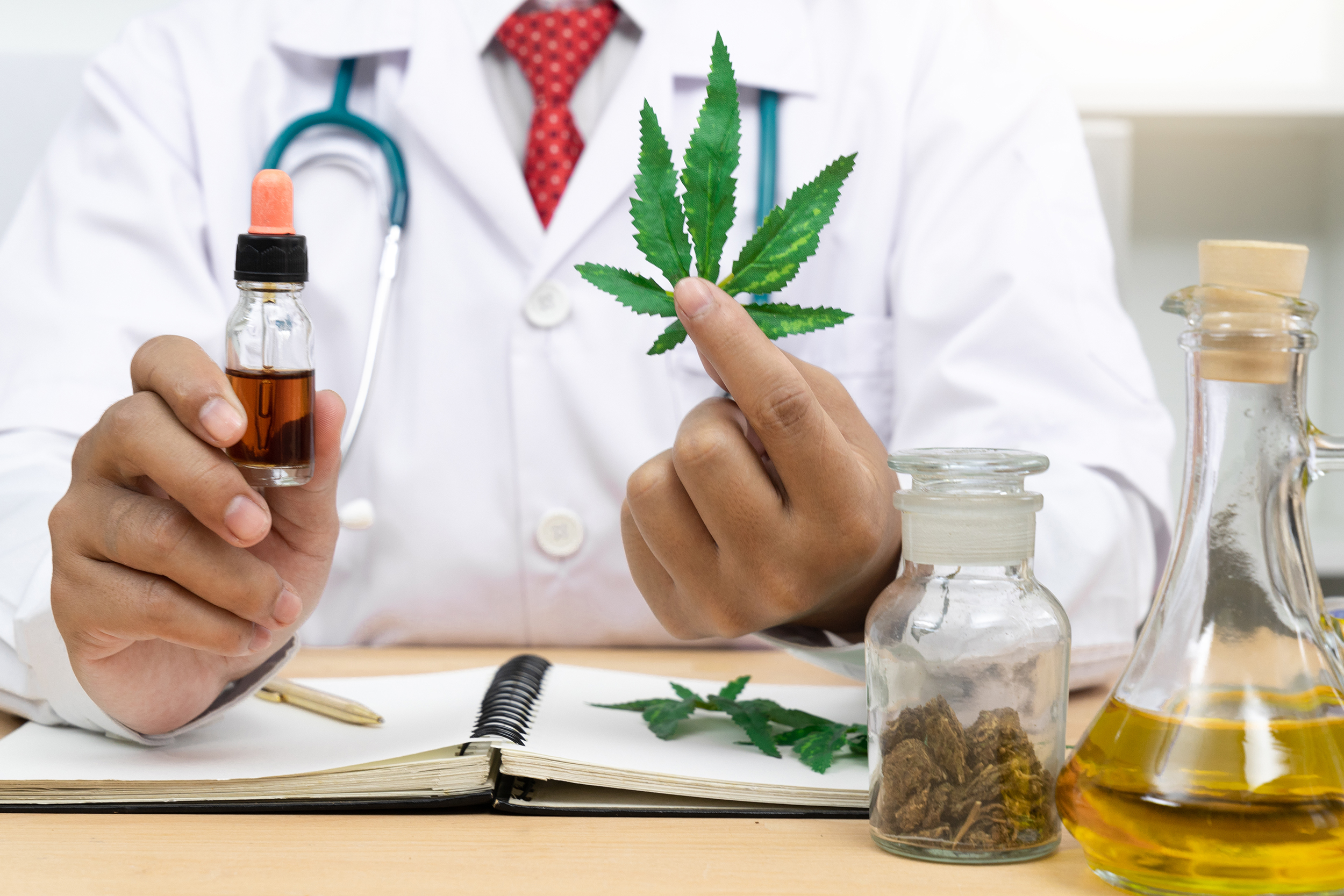The price your body pays for smoking cigarettes is much, much higher than all the money that you waste on getting your nicotine fix. Smoking damages your lungs in a myriad of ways and can cause several kinds of cancer. It also affects the elasticity of your skin and leads to premature aging.
However, many people don’t know about the effects of smoking on oral health. Cigarettes cause heavy damage to teeth and gums. If you are a regular smoker, here are a few signs of oral health issues to watch out for. You can prevent these issues by quitting smoking, and repair existing damage with advanced dental treatments, such as teeth straightening for adults.
Table of Contents
Smoking Causes Periodontal Disease
Periodontal disease, or gum disease, can cause bleeding, gum pain, and even tooth loss if it is left untreated for too long. People get gum disease when tartar and bacteria build up on the teeth. When there is too much plaque on the teeth, it goes up and into the gum line, causing infections and bacterial build-up that could go into the roots of your teeth.
Compared to the general population, smokers have a five times higher risk of developing gum disease. That is because cigarettes affect gum health in two different ways. First, they reduce blood flow to the gums, even though regular circulation is necessary to fight infection. Cigarettes also reduce saliva production, which in turn reduces how much bacteria saliva naturally washes away.
Cigarettes Cause Oral Cancer

Oral cancer is one of the many types of cancer that smoking has been linked to through scientific studies. Three quarters of people who get oral cancer are smokers, which is a startlingly high percentage. If it is not treated in time, oral cancer can cause lasting damage to the mouth or even be fatal.
If you notice ulcers in your mouth, red or white patches, and swelling, including swelling that affects the fit of your dentures, contact your dentist immediately as early detection could save your life. To significantly reduce your risk of oral cancer, quit smoking as soon as you can.
Tooth Discoloration
One of the aesthetic problems with smoking is teeth staining. The high nicotine and tar content in cigarettes leads to semi-permanent yellowing and discoloration of the enamel. Besides the aesthetic problems with yellowed teeth, build-up from cigarettes could also damage the enamel. Build-up from cigarettes also collects on the tongue, causing halitosis or bad breath.
One of the only ways to get rid of discoloration on your teeth is to turn to professional teeth whitening and cleaning. You should get a dental cleaning every six months and regularly go to the dentist for teeth whitening sessions as well. However, smoking will impact the effectiveness of these treatments.
Smoking Makes Dental Treatment Less Effective
Besides causing the above-mentioned oral health conditions, smoking also complicates any possible treatments. Smoking makes periodontal disease treatments, dental implant treatments, and other procedures less effective. If you are getting a tooth removed, you should quit smoking to avoid a painful condition called “dry socket,” where a blood clot does not form to protect the wound.
Even aesthetic procedures, such as teeth straightening for adults, are marred by smoking. Discoloration could leave strange patches around the straightening device, which are difficult to remove even once you are done with the procedure. Repeatedly shaping your mouth around a cigarette could also stop the device from moving your teeth into place.
If you are paying money to fix your teeth, you should do all that you can to make those treatments as effective as possible, which includes quitting smoking.
Among their many other health risks, cigarettes are also hazardous to your oral health. They lead to oral cancer on the tongue, lips, and other parts of the mouth. They can also increase your risk of gum disease and tooth discoloration. Smoking also makes any treatments for these and other conditions less effective.
To protect your teeth, quit smoking and visit your dentist regularly. Your dentist can catch any issues in a timely manner, ensuring more effective treatment, and perform regular cleanings that reduce bacteria build-up.




